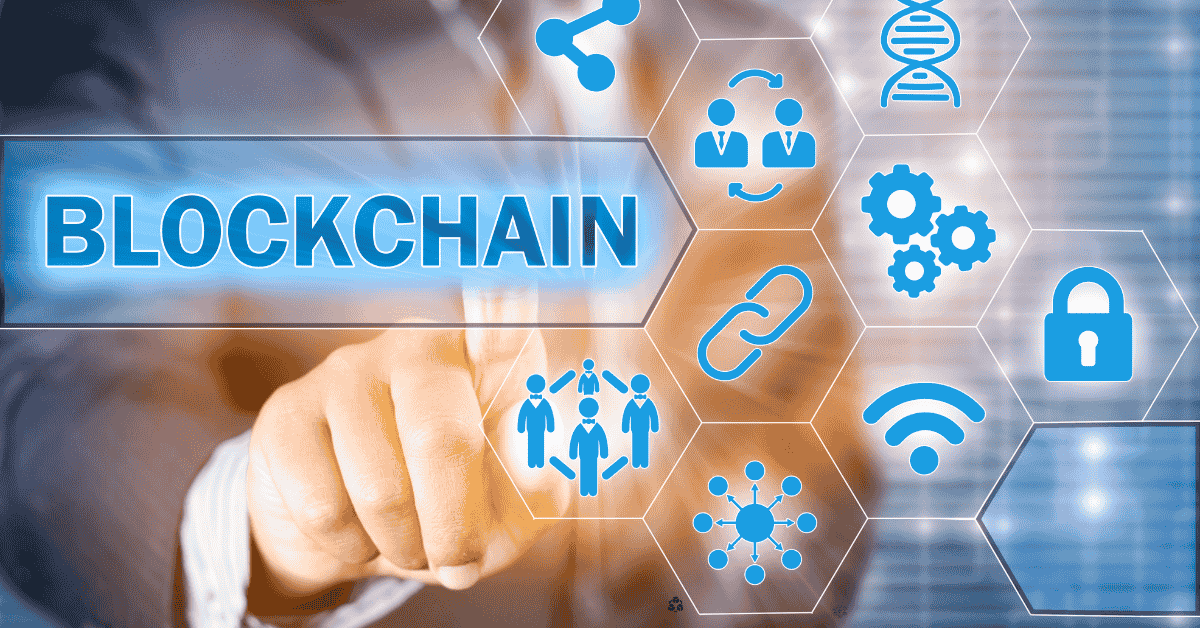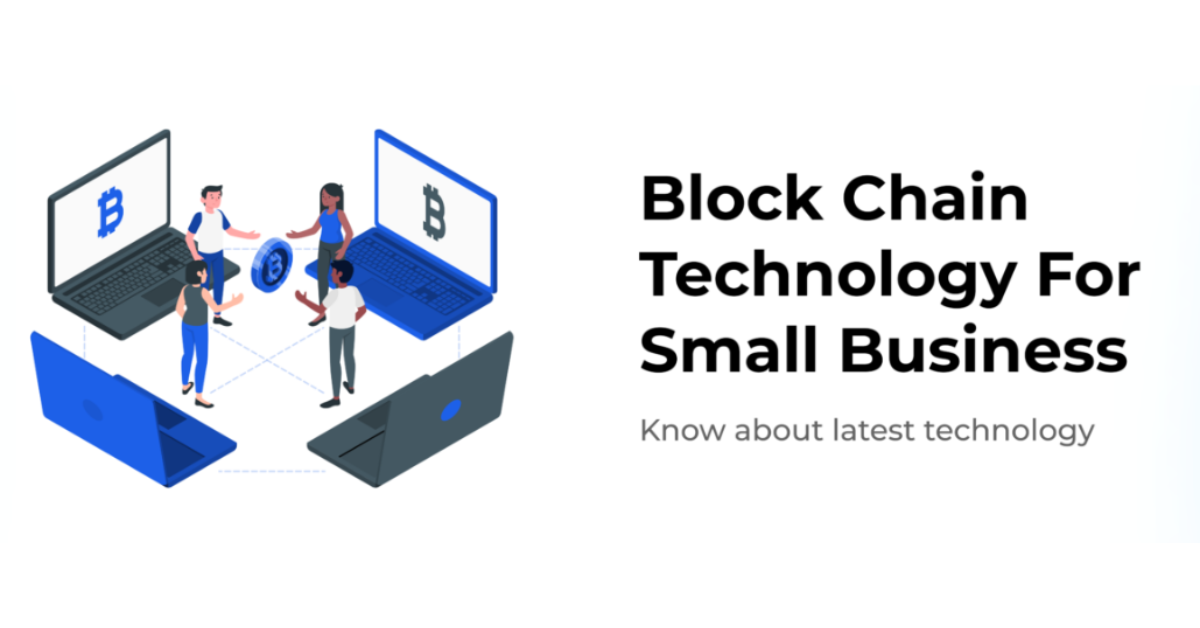Introduction
Personal data management is crucial and difficult in the digital age. Digital systems like banking and social media store and share our personal data, increasing the danger of data breaches and privacy abuses. Online identities can be hacked and misused to access services. Blockchain’s security and openness enable verifiable digital IDs. Here’s how blockchain-based digital IDs improve privacy and security.
Digital Identity Blockchain
Blockchain is ideal for digital IDs due to its decentralized, tamper-proof records. Blockchain lets people own and control their data, unlike government or business-controlled identity systems. Digital privacy and security require this transformation.
Sovereign Identity
A user could provide the bank with only the personal information needed for the transaction instead of full account verification. Since users manage their data, identity theft is reduced. SSI lets people control and manage their data, improving privacy and security.
A user could disclose only the necessary personal information for the transaction, rather than providing the bank with full personal information for account verification. This reduces the risk of identity theft, as the user retains control over the data they disclose. SSI improves privacy and security by letting people own and manage their data.
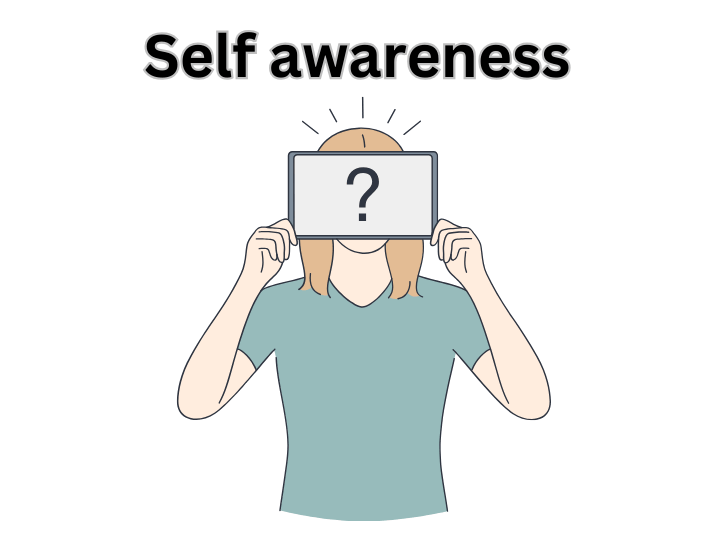
Decentralized IDs
DIDs are essential to blockchain-based digital identities. Individuals generate, own, and manage DIDs, unlike centralized usernames and social security numbers. DIDs are unique strings of characters that identify people, organizations, and objects. Each DID is associated with a digital wallet that securely stores personal data, accessible only to the individual.
DIDs enable the verification of safe, private digital identities across platforms without the need for centralized verification. A DID can authenticate a person’s age or citizenship without providing unneeded information, fostering confidence and privacy. This strategy reduces the need for centralized identity management systems and data breaches by not storing data on a single, susceptible server.
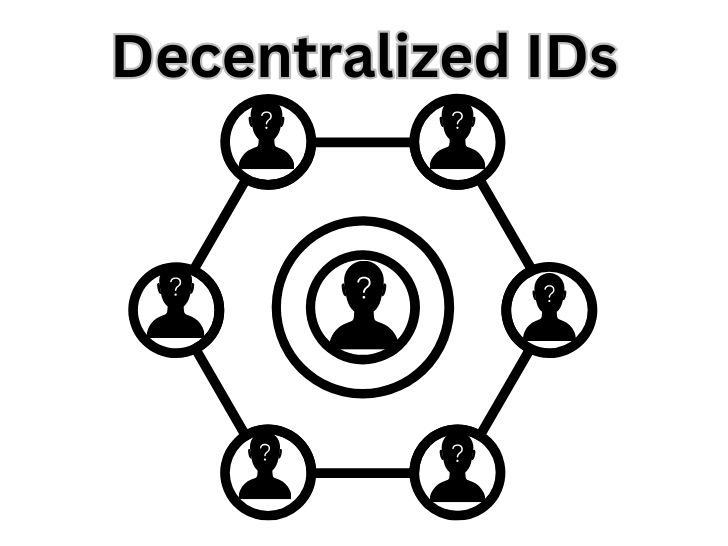
Real-World Applications
Government and Public Services
Blockchain-based digital identities hold great promise for government services that necessitate swift and secure identification verification. Blockchain might simplify voting, identity verification, and social services by giving citizens a secure, universally accepted digital ID.
In a blockchain-based voting system, people may use their digital identities to vote from anywhere, minimizing fraud and making the process more accessible. DIDs also prevent identity fraud by making identities distinctive and verifiable. Digital IDs could streamline public service benefits, decreasing paperwork and identity verification.
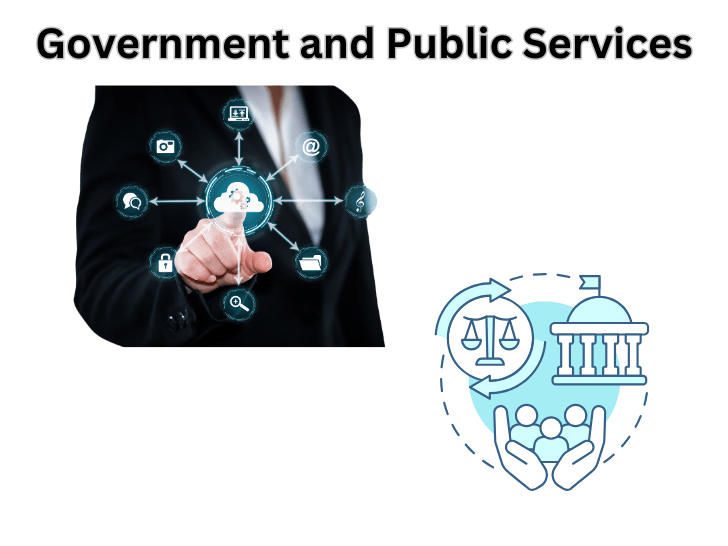
Financial services and banking
KYC and AML compliance in banking need ID verification. Consumers must verify their identity with each banking institution separately, making KYC redundant and time-consuming. Blockchain-based digital ID universal verification simplifies this.
A blockchain-based digital identity allows customers to complete KYC verification once and use it for various financial services. This decreases bank operational costs and customer wait time. Blockchain-based IDs are secure and verifiable, reducing identity fraud and making the financial ecosystem safer.
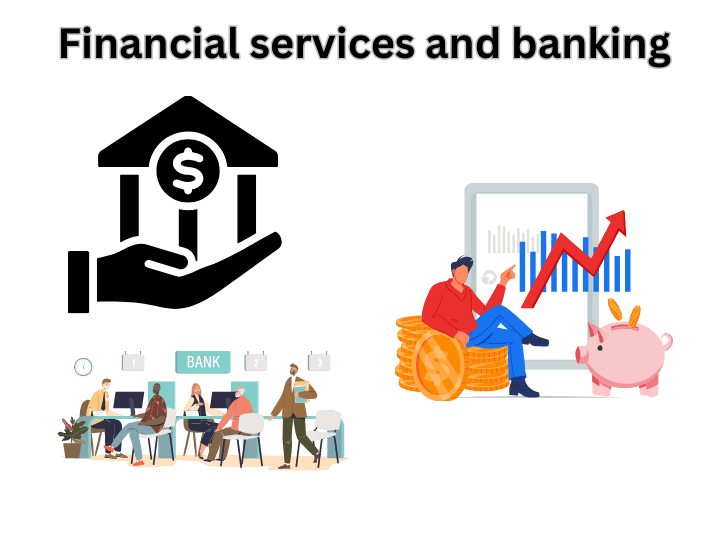
Privacy and security benefits
In digital identity management, blockchain technology excels at privacy and security. Here are several ways it does this:
- User Control: Blockchain lets users control which data they share with third parties. Digital wallets and decentralized IDs enable people to choose when, where, and with whom to disclose information. This control protects sensitive data from unwanted access.
- Reduced Identity Theft Risk: Traditional identity systems hold personal data on centralized servers that are subject to hackers. Blockchain is decentralized, so hackers can’t compromise data at a single location. DIDs reduce identity theft by preventing unnecessary disclosure.
- Immutable Records: Once recorded, blockchain data remains unchangeable. This helps protect personal records and prevent fraud. A secure, timestamped record of digital identity changes is trustworthy and transparent.
Conclusion
Blockchain-based digital identities revolutionize personal security and privacy. Blockchain technology makes online identities safer and more private by giving users control over their data and reducing centralized authority. Self-Sovereign Identity and Decentralized Identifiers allow people to communicate just required information, decreasing fraud and improving privacy. Blockchain-based digital IDs could revolutionize personal data management, though they’re still new. Blockchain might provide a more secure and private digital world where people have full control over their digital selves as the technology evolves and use grows.
